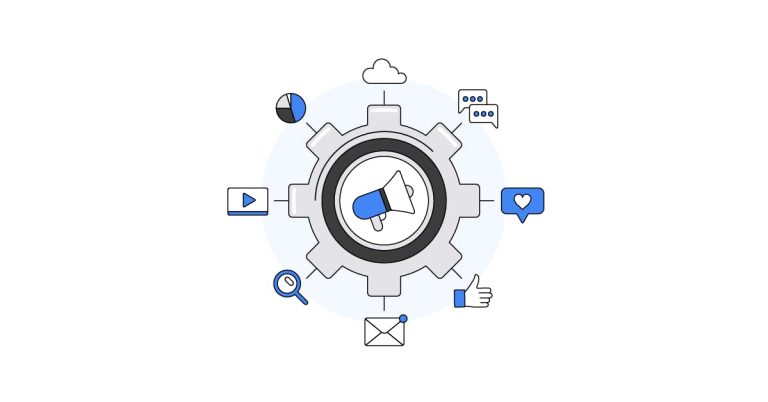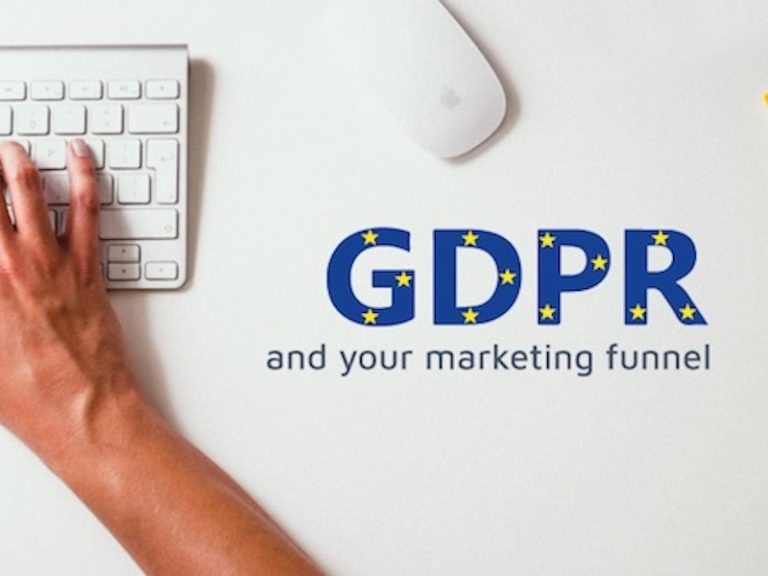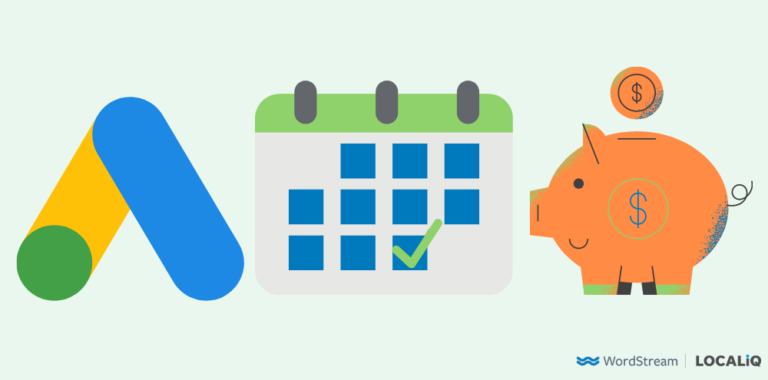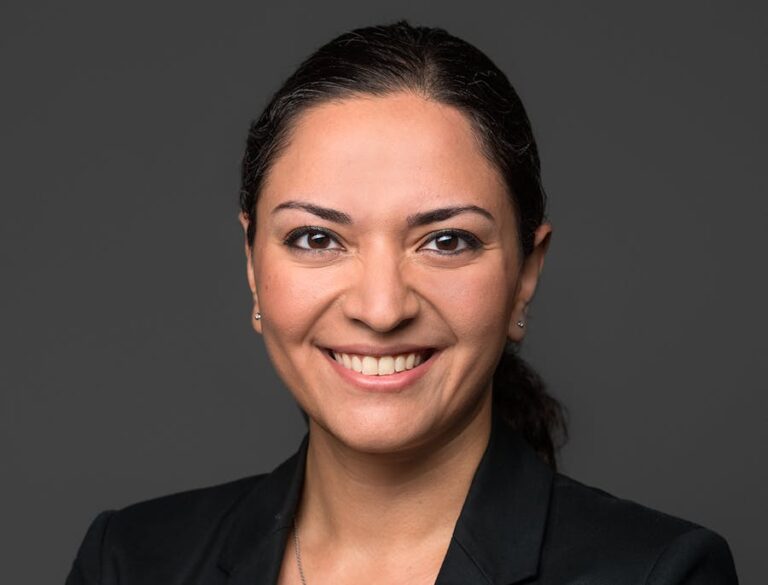My role can really be summarised as problem solving with customers and prospects, navigating and understanding their objectives, their KPIs and any gaps in their current systems. It’s about discovery; helping to identify how they can get to their goals; showing our way of working to these brands, whilst brainstorming customer problems and projecting outcomes.
They gave us that initial reach and this had a snowball effect. Those clients that trusted and understood early on that technology is paramount have been absolutely critical. Those that were looking for a market-leading platform even in the early days; these clients helped us to keep innovating, to push forward in terms of tailoring to local nuance, and so on. They remain our North Star and we have grown with them.
When I joined in 2015, Uber and Airbnb were two of Impact’s biggest clients and that told me everything about the potential for the business. There’s been a seismic shift in how consumers interact with brands in recent years – they don’t entirely trust advertising in the traditional sense, preferring recommendations and reviews. People want these unique, authentic customer journeys that happen between brands, partners, reviewers and influencers.
Tell us more about your role – what does a typical day look like?
I’ve been here six and a half years. Looking back, really the greatest achievement is where we are today. We started out just four of us in London – the first commercial office outside of the US. Back then, we were an unknown company in the UK. Being a part of that journey has been amazing. So many things have happened. And seeing what we’ve achieved in those six years is remarkable. We went from an unknown entity, to disrupting the competition, to the one that everyone’s talking about. First, they ignore you, then they laugh and then they fight you. Today, they’re all fighting us. We are a force to be reckoned with.
Conversely, the greatest challenge was coming into the market unknown. In those early phases, people don’t know you, nor do they want to see you. You have to navigate constantly-changing competition from people who are established and know how to sell against you. And it wasn’t just the tech that was unknown; it was what the term partnership could mean that was unknown, too.
You say that partnerships have emerged as the third and fastest-growing revenue channel for organisations. What does the ‘partnership economy’ refer to and what are the benefits?
Here we catch up with Ross Negus, Enterprise Account Executive at Impact, to find out what life is like as a unicorn, and why the partnership economy is a growing opportunity for brands today.
Partnerships management platform Impact recently acquired unicorn status after raising 0m in a funding round that took its value to .5bn.
What has been both your biggest challenge and greatest achievement during your time at Impact so far?

We will continue to be the de facto platform for partnerships globally. It’s exciting. In many ways, this is just the start of the journey, and of the continued switch of spend from Facebook and Google into the partnership economy. The legacy coming from all this is growth.
What would you say has been integral to Impact reaching Unicorn status?
We’ve matured a lot. It’s all about problem solving with customers and we’ve pioneered partnership automation. Being part of a category defining organisation is a once-in-a-lifetime opportunity. And whilst demand has grown, so has the business. We now have 850 employees, and streamlined processes. Leadership has been supportive throughout – on the journey from start up to Unicorn and all across that maturity curve. With processes optimised, we are a finely-tuned engine, growing alongside everyone in the partnership economy.
The brands we work with have been absolutely integral. If we look to some of our most long-standing clients, such as Getty Images, Lenovo, Ticketmaster and Uber, these early adopters have really been on this journey with us.
It’s fair to say we certainly took advantage when competitors were slow to react and improve their platforms, but the big change came about in 2019 when we raised m in funding and then announced our new model – Partnership Automation. Historically many brands had outsourced relationships to affiliate networks, but we offered a platform on which to manage affiliate relationships, on top of all other partnership types, directly and with a huge degree of automation which would dramatically reduce the people hours involved in the process.
We also amplified our message about all partnership types, not just affiliate, which was a lightbulb moment; now everyone talks about partnership marketing. We presented a new ocean of opportunities where brands could take this model of paying on performance and then start working with any unique referral partner.
But the partnership economy connects you, on a global scale. It’s possible to achieve so much growth through these connections – and leveraging partnerships is often the quickest route not only to growth but also to trust. With the best partnerships, you don’t feel that you’re being sold to, delivering a delightful customer experience.
How has life at the company changed since?
I wouldn’t say we have simply been lucky, it’s more a case of identifying great opportunities and having a strong response when that was what was needed. It is down to the great team at Impact who not only anticipated the direction in which the market was going but then were able to actually steer the market to a large extent.
What is next for Impact and what do you think its legacy will be?
Our focus on growth, too, starts with our people. We are a people-first organisation. These individuals build tech that helps brands grow, whilst Impact grows careers, alongside its partners – as a type of business development toolkit, enabling growth for everyone. This legacy will stay with us forever and it’s all driven from the innovative spirit of our founding team. They are passionate about our objectives and with their dedication and support we have built this incredible team – a team which has innovated to support the world’s most advanced companies, enabling them to expand and evolve. In this way, it has truly changed the world.
Essentially, the partnership economy is a modern way of thinking about growth. Some brand approaches have been centralised and fixed. There’s been a focus on Google and Facebook and fairly rigid approaches to acquiring new customers.
We came to disrupt affiliate marketing and we’ve done exactly that. Now we’re the go-to partnership management platform. We are changing how businesses grow; how they think about growth acquisition through partners. Partnership marketing is now a much more streamlined automated process and that’s not something that would ever have happened without the vision of the Impact team.






